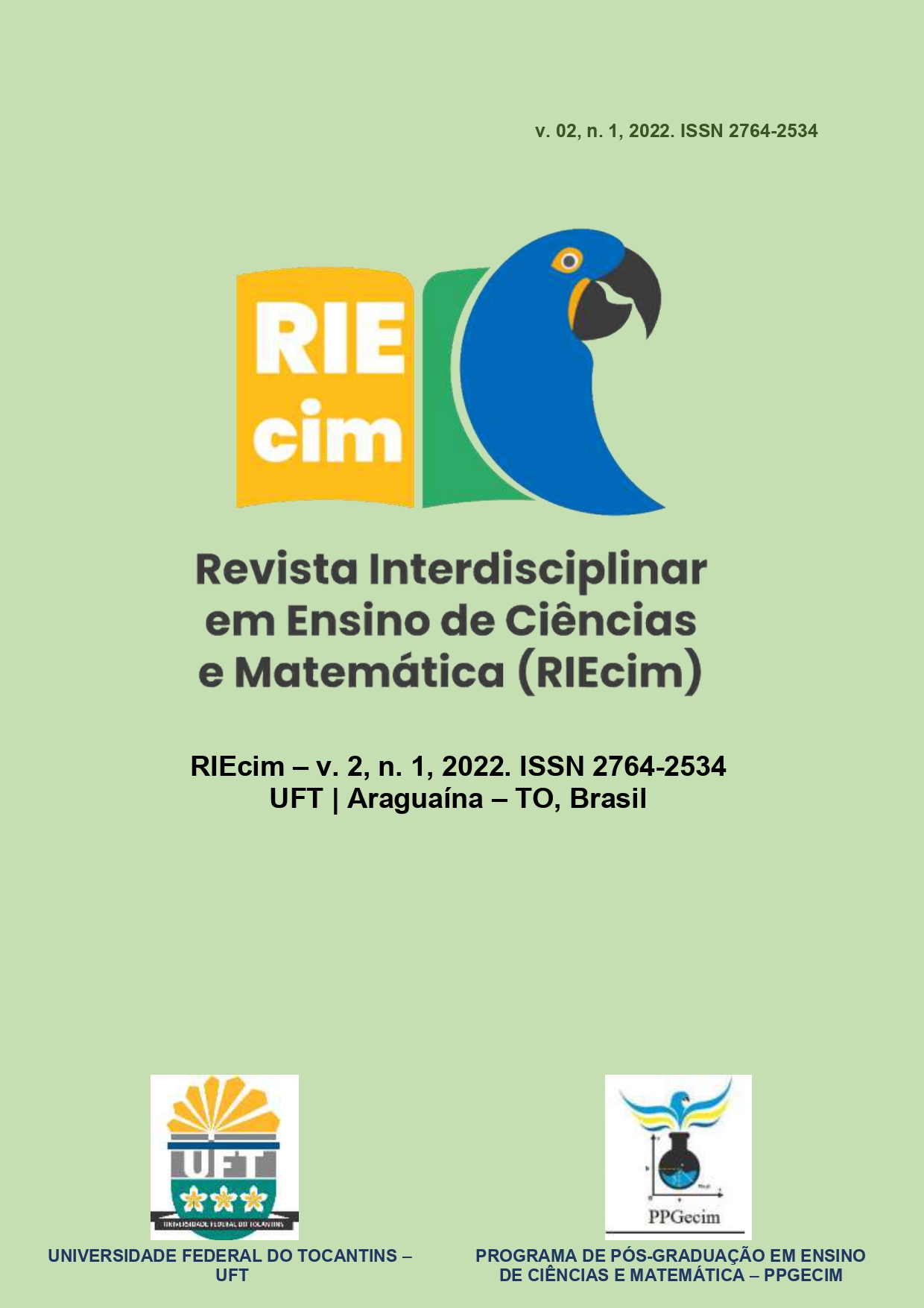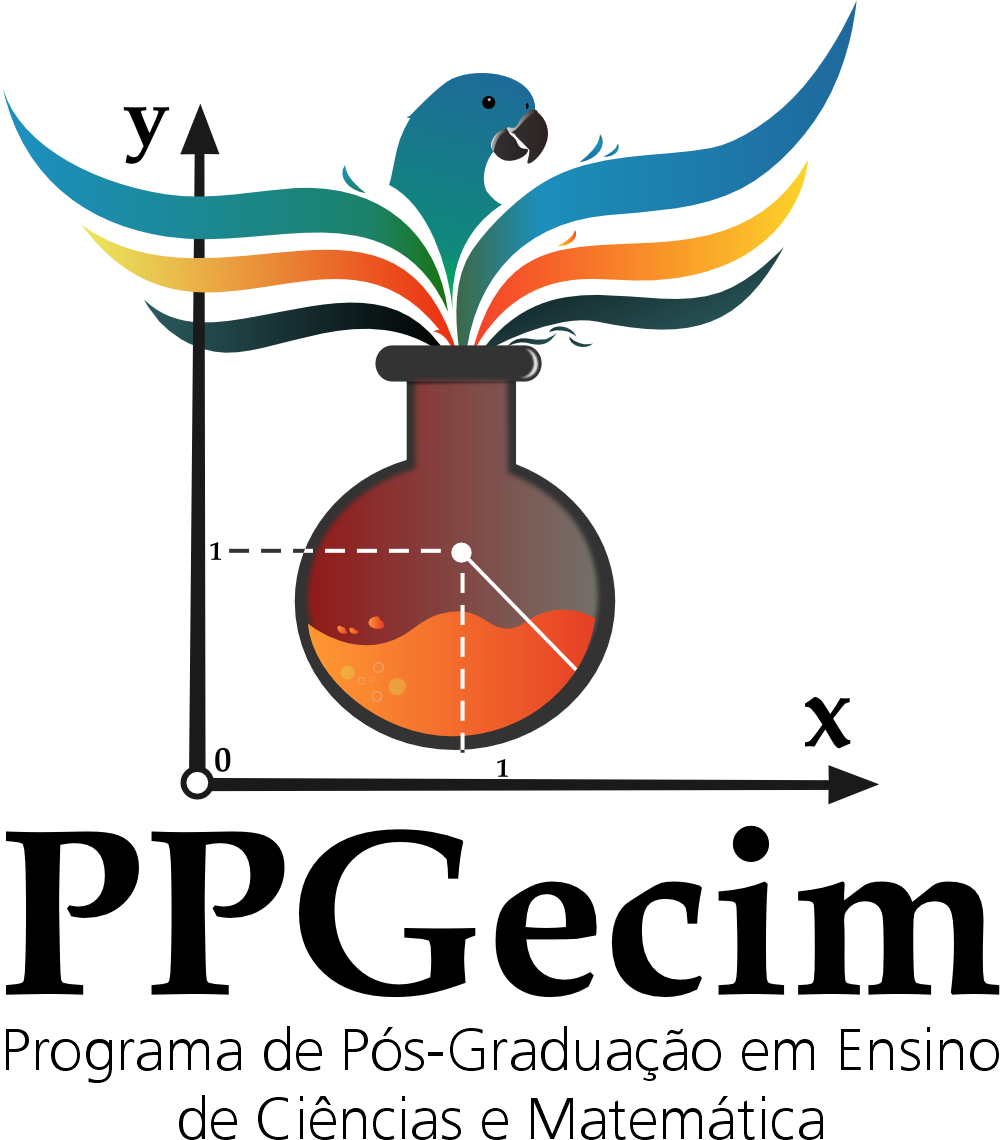METHODOLOGICAL APPROACHES TO TEACHING MATHEMATICS
A reflection on the didactic proposal to minimize the difficulties of modeling the problems leading to Linear Equations with students from Samora Machel Secondary School - city of Chimoio, Mozambique
DOI:
https://doi.org/10.20873/riecim.v2i1.12984Keywords:
Didactic Proposal, Minimization, Difficulties, Modeling, Linear EquationsAbstract
This article focuses on methodological approaches to teaching mathematics and reflects on the didactic proposal for minimizing difficulties in modeling problems leading to linear equations in secondary education. Hypothetical, deductive and quantitative in nature, the research in this report aimed to propose an alternative strategy that minimizes the difficulties faced by students in modeling problems leading to linear equations. Sixty 8th grade students and 5 1st cycle Mathematics teachers participated in this research, 3 of whom teach 8th grade. As a data collection instrument, a questionnaire was used and tests, observation of students' notebooks, teaching programs and 8th grade math books were applied. For data treatment, the Statistical Package for Social Science (SPSS) version 22.0 for Windows was applied, according to the method adopted in this study to analyze the results of the pre-test and post-test applied to 60 8th grade students in with regard to teachers, the analysis was based on interviews and was based on content analysis with the exploration of the thesis and results in absolute and relative frequencies. In terms of conclusions, the results of the post-test are illustrative of the difference between the control and the experimental group, that is, most of the students in the experimental group overcame the difficulties of modeling problems leading to linear equations, compared to the group of control
Downloads
Published
Versions
- 2023-01-04 (2)
- 2022-07-28 (1)
How to Cite
Issue
Section
License
Copyright (c) 2022 Joao Francisco de Carvalho Choe, José Charles Picardo Mteia, Geraldo Vernijo Deixa

This work is licensed under a Creative Commons Attribution-NonCommercial 4.0 International License.
Copyright Policy
Copyrights are retained by the authors, who grant RIEcim the exclusive rights for first publication. Authors will not be remunerated for the publication of their work in this journal. Authors are permitted to enter into separate, additional contractual arrangements for the non-exclusive distribution of the work's published version in this journal (e.g., post it to an institutional repository, on a personal website, publish a translation, or as a book chapter), with acknowledgement of authorship and initial publication in this journal. The Journal's editors have the right to make textual adjustments and adaptations to conform to publication standards.
Open Access Policy
This journal provides immediate open access to its content, following the principle that freely providing scientific knowledge to the public contributes to the global democratization of knowledge. Users can read, download, copy, distribute, print, search, or use the content for any legal purpose, respecting national copyright laws and without seeking prior permission from the publisher or the author. The opinions presented in the articles are the responsibility of the authors. The Journal does not charge Article Processing Charges (APCs).
Licensing Policy - Usage License
Licensed under the Creative Commons Attribution-NonCommercial 4.0 International (CC BY-NC 4.0) License. This license allows sharing, copying, redistributing the manuscripts published in RIEcim in any medium or format. Additionally, it allows adapting, remixing, transforming, and building upon the material, as long as proper credit is given to the author and initial publication in this journal is acknowledged.

































